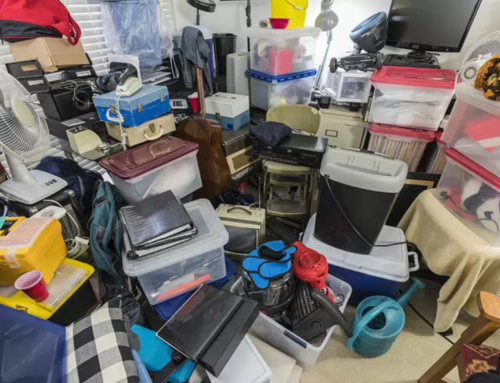Collateral Benefits
When it comes to subletting as a landlord, there are definitely some beneficial aspects to such a leasing arrangement. A lot of these benefits aren’t direct, they’re collateral. However, as with anything, true hazards exist. If you’re going to allow this form of leasing on your properties, you need to be aware of the possible positives and negatives involved; we’ll cover some here.

Benefits Of Subleasing
When you’re allowing tenants to sublet the properties you’re leasing, then you’ve got a greater chance they’ll make rent on a regular basis. Imagine this scenario: one person, living alone, who is responsible for $1,500 a month before utilities, or three people living in that same space dividing up the same sum.
While $1,500 is a fairly modest amount, it’s also quite hefty for some. But if you’re living on $2k a month, $500 is pretty affordable. So in the subletting scenario, there’s a greater likelihood you’ll get rent returned to you on time every month. Additionally, you’ve got more “hands” in the unit, and you can use their collective skill to reduce maintenance costs.
For example, if they’re short of rent, you can round up all three tenants and have them help you fix something in the larger building you lease as a means of substituting their rent. With one person, it’s harder to get the same level of value. Additionally, you’ll be able to sustain regular income on a monthly basis for a longer period of time through subletting.
It will also be harder for thieves to take advantage as there will almost always be someone in the unit, repair issues will be made evident quicker, keeping property value maintained longer, and when increases in rent transpire owing to the market, it’s less difficult to raise the rent when subletting is going on. To help inform your opinion, check out this handy landlord’s subletting guide.

Considerable Downsides That Come With Subleasing
Those who sublet from your tenants aren’t always vetted by you before the subletting situation begins. Oftentimes things happen innocently enough, but especially as regards drug use and the like, there are some considerably disturbing possibilities that could spell serious trouble for your unit, and the tenant therein.
Sometimes legally, there’s a limit to subletting as well, and you could get yourself in trouble with the law should you allow this situation to begin without checking into local restrictions. Furthermore, subletting tenants don’t have any signed agreement with you, so they’re not liable for any damages they make in a legal sense. Check out this list of state subletting laws by state to figure out what your local situation is.
Also, someone subletting could put your primary tenant in an awkward situation. They need the person they’re allowing to sublet to pay them so they can pay you. When the person subletting doesn’t get paid, then it delays their payment to you. This is especially plausible if your tenant incidentally sublets to some ex-con or individual active in criminal enterprise.
Subletting can also get out of hand. Those who favor illegal stimulants tend to congregate in swarms, sleeping in shifts. Let such a tenant sublet, and they may bring in those who themselves sublet. It’s not impossible, in some communities, for a Craigslist ad on a medium-sized apartment to result in ten people sharing a three-person space.

Making The Right Choice For Your Property
If you’ve made a bad choice and allowed the wrong tenant to sublet to the wrong person, there are options to get those individuals out. You can incentivize their move by helping them find another spot, and using free moving services such as UMoveFree to expedite the process. When you have a negotiation room, this can keep the law away.
Consider what you have in terms of property, and what the pros and cons are personally for your situation. The level of maintenance required for a given unit could be the deciding factor. Sometimes an apartment complex is so run down when you acquire it for leasing, it wouldn’t matter if a dozen people were subletting out of a one-man unit; there’s just law to consider.
Sometimes no subletting makes any sense whatever. Consider what your operational costs are, and associated risks. Additionally, look into inspections and surveillance. Within legal reason, such measures can make it so you’re able to maintain lease agreements. If you can get a subletting individual to sign a specific lease, you’re in good shape. When all is said and done, subletting can work; it just depends on how you go about it.
Sell A Single Or Multifamily Property With Highest Cash Offer!
If you’re a landlord and want to sell a single or multifamily property, we’re ready to buy at Highest Cash Offer!
There are no realtors to hire, fees to pay or repairs to make! Plus, we’ll get your CASH for your property FAST!
For more information or a FREE, NO OBLIGATION offer, call (877) 387-5750 or click the button below!








 Highest Cash Offer is a real estate solutions company. Our team of experts specialize in assisting homeowners with a wide variety of solutions to any real estate problem. Whether we buy your house for cash or not, our goal is to help you get the desired outcome you deserve.
Highest Cash Offer is a real estate solutions company. Our team of experts specialize in assisting homeowners with a wide variety of solutions to any real estate problem. Whether we buy your house for cash or not, our goal is to help you get the desired outcome you deserve.